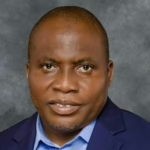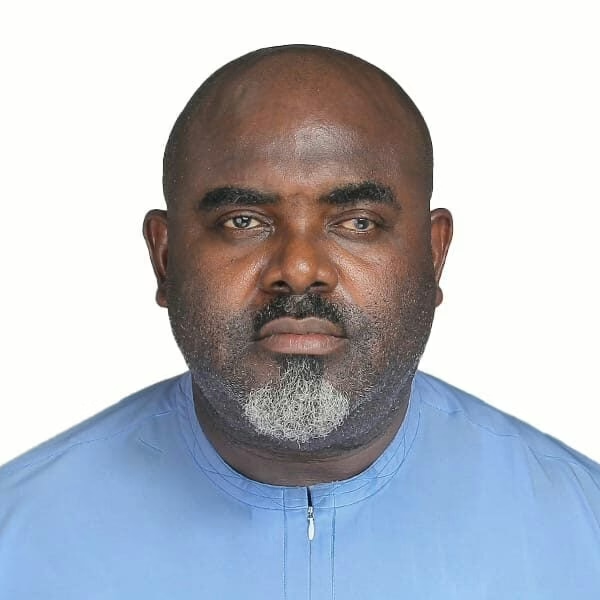Industry specialists have cautioned that Nigeria must swiftly embrace digital transformation in its nigeria-of-increased-budget-deficit-as-oil-prices-fall/” title=”IMF warns … of increased budget deficit as oil prices fall”>oil sector through advanced metering technologies to prevent ongoing resource misappropriation that benefits a select few at the expense of the wider population.
Speaking at a leadership summit in Houston, Texas, Engr. Charles Deigh and Dr. Oluwatoyin Joseph Gbadeyan emphasized that every barrel of oil extracted should contribute directly to the nation’s economic well-being.
“Allowing any barrel to be lost or stolen is not only regrettable but intolerable. Nigeria cannot afford further wastage. Bold and innovative reforms are urgently needed,” they asserted.
Data from the Nigerian Upstream Petroleum Regulatory Commission (NUPRC) reveals a significant reduction in crude oil losses, from $7 million daily in 2021 to approximately $700,000 per day in 2025.
This progress is attributed to initiatives like the Nigeria Upstream Measurement System (NUMS), the Automated Hydrocarbon Accounting System (AHAS), and mandates within the Petroleum Industry Act (PIA) that require the adoption of metering technologies.
Deigh highlighted Saudi Aramco’s achievement in slashing losses through a fully integrated digital monitoring framework within four years as a benchmark for what Nigeria could accomplish with full-scale implementation.
However, the experts warned that without stringent enforcement, these programs risk becoming mere formalities. “The persistence of manual reporting and lack of robust accountability mechanisms have allowed oil theft to flourish unchecked, as regulators are deprived of real-time data,” they explained.
They advocated for the rapid deployment of cutting-edge technologies such as Internet of Things (IoT) sensors, unmanned aerial vehicles (drones), satellite surveillance, blockchain-based tracking, artificial intelligence, and automated metering systems throughout Nigeria’s oil infrastructure to seal existing vulnerabilities.
“Technology by itself is insufficient; the government must transition from policy formulation to decisive implementation, ensuring that digital oversight provisions in the PIA are strictly enforced with tangible penalties for violations,” Deigh and Gbadeyan emphasized.
They also urged oil operators to move away from short-term solutions and commit to long-lasting monitoring infrastructures, while encouraging host communities to adopt transparency as a foundation for equitable development. They cautioned that oil theft and operational inefficiencies are not inevitable but stem from neglect and inaction.
“Given crude oil’s pivotal role in Nigeria’s economy, failure to act decisively will continue to drain national wealth. Conversely, embracing digitalisation promptly can drive economic growth, enhance stability, and support diversification efforts,” they noted.
The duo called on the federal government to establish a definitive target for achieving comprehensive digital coverage of all oil assets by December 2025.
“Setting such a deadline will provide clear direction and transform plans into measurable outcomes. The era of squandered oil wealth has lasted too long. It is time to extinguish this waste through innovation, robust legislation, advanced technology, and political resolve. Nigeria’s future depends on this commitment.”



















